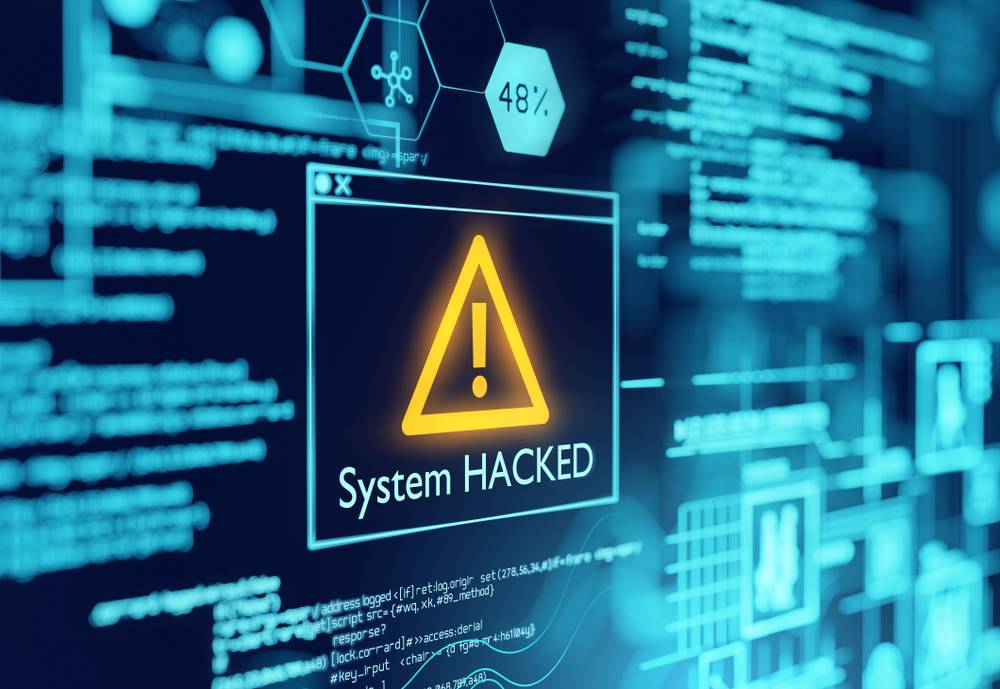""Signs of a Possible System Hack: How to Detect and
Respond to Security Breaches"
Detecting whether your system has been hacked requires a
careful examination of various indicators. Here are some common signs that may
indicate a potential security breach:
Unexpected Behavior: If you notice unusual or unexpected
behavior on your system, such as frequent crashes, slow performance, or
unresponsive applications, it could be a sign of a compromised system.
Malicious activities by hackers may impact the stability and performance of
your device.
Unauthorized Access: If you find evidence of unauthorized
access to your accounts, such as unfamiliar logins, unrecognized devices, or
changes to your account settings, it may indicate that someone has gained unauthorized
access to your system. Check your account activity logs and notifications
regularly to identify any suspicious login attempts.
Unusual Network Traffic: Monitor your network traffic for
any unusual patterns or spikes in data usage. An unexpected increase in network
activity, especially when your system is idle, could suggest unauthorized
access or data exfiltration by a hacker.
Unexpected System Modifications: Keep an eye out for any
unauthorized modifications to system files, configurations, or settings. This
includes changes to your desktop background, new icons or applications
appearing without your knowledge, or alterations in system preferences. These
modifications could be indicators of a compromise.
Disabled Security Software: If your antivirus or firewall
software becomes unexpectedly disabled or stops providing updates, it could be
a sign that a hacker has compromised your system's security defenses. Malicious
actors often attempt to disable or bypass security software to avoid detection.
Unexpected Pop-ups or Alerts: Be cautious of unexpected
pop-up messages, alerts, or warning dialogs that prompt you to take action,
especially if they request sensitive information or claim that your system is
infected. These could be social engineering techniques employed by hackers to
trick you into providing access or personal information.
Unexplained File Modifications or Deletions: If files or
folders are unexpectedly modified, renamed, or deleted without your knowledge
or consent, it may indicate unauthorized access or malicious activity on your
system.
Remember, prevention is key to maintaining system security. Regularly update your software, use strong and unique passwords, be cautious of suspicious emails and downloads, and employ reputable security software to minimize the risk of a successful hacking attempt.




No comments yet
Be the first to share your thoughts!